9 Best Food For Gaining Strength
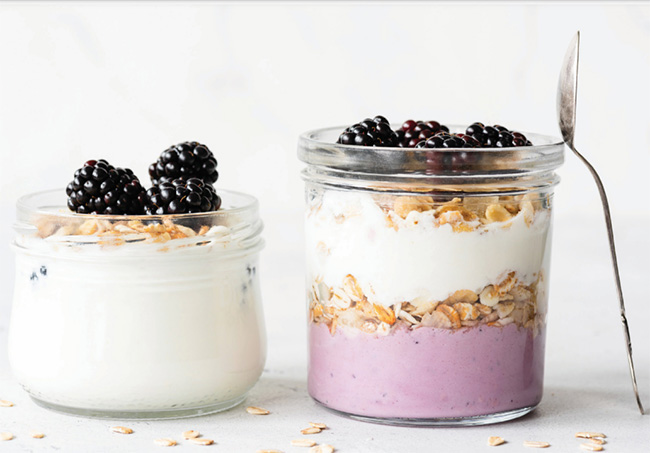
1. Eggs
Eggs are a high-protein choice with versatility for every meal. Whether for breakfast in a frittata or mixed into a dinner salad, they can help build and maintain muscle. One large egg contains several B vitamins, which have been shown to be critically
important for energy production. Eggs also contain large amounts of the amino acid leucine, which aids muscle growth. However, the majority of the nutrients can be found in the yolk; the egg white contains only protein. Additionally, eggs can help you feel satiated for longer. One small study in the Journal of the American College of Nutrition found, for example, that women who ate eggs for breakfast felt fuller longer and ate fewer calories throughout the day, which could contribute to fat loss.
2. Salmon
Salmon is one of the most plentiful sources of omega-3 fatty acids, which could improve muscular health and muscle gain. One 3-ounce portion of salmon, for example, contains 2 grams of omega3s, almost twice the recommended daily value for adults. That same portion also contains 17 grams of protein and half of the recommended daily value of selenium, a metabolism-boosting mineral that comes from food. Additionally, salmon is rich in energy-producing B vitamins, similar to eggs. These nutrients all help repair muscles, so a piece of salmon at dinner could keep muscles healthy after a tough workout.
3. Greek Yogurt
Dairy products that are packed with protein could have an impact on building lasting lean muscle. Research has shown that people who consume a combination of fast- and slow-digesting dairy proteins might experience increases in lean mass. However, star probiotic Greek yogurt stands out among other dairy proteins. Greek yogurt contains nearly double the amount of protein as regular yogurt. This high level could help boost metabolism and keep you satiated longer than regular yogurt can. Additionally, a 2019 study in the journal Frontiers in Nutrition found that college-age men who consumed nonfat Greek yogurt after resistance
training “increased most measures of strength, biceps muscle thickness and fat-free mass,” the researchers wrote.
4. Quinoa
The popular grain is a good high-protein choice 24 grams per cup for a post-workout side dish. This superfood is also rich in magnesium, with one cup providing nearly one third of the recommended daily value, which helps promote protein synthesis. The same serving of quinoa is also packed with all nine amino acids that can be found in food, which is essential for building muscle. Because quinoa is high in carbohydrates, containing more than 39 grams per cooked cup, eat it right after a workout to aid muscle recovery. Milk While milk is often associated with building healthy bones, science shows that it can also be a strong choice for muscle building. According to the American College of Sports Medicine in 2016, “milkbased protein after resistance exercise is effective in increasing muscle strength and favorable changes in body composition.” A 2010 study in the journal Medicine & Science in Sports & Exercise found that drinking milk promotes greater lean muscle gains and improves overall strength, due to its high level of the amino acid leucine, which aids in muscle protein synthesis. Dairy milk is also a strong source of calcium, and that assists muscle contraction, which helps build muscle during exercise.
5. Bison
A lean alternative to other red meats, bison contains several essential nutrients that aid in muscle health. One 4-ounce serving contains 68 percent of the recommended daily value of vitamin B₁₂, as well as 19 percent of the recommended daily value
of vitamin B₆, which can aid energy production. It also contains nearly one third of the daily recommended value of selenium, which can boost metabolism. This low-calorie choice—just 124 calories per 4-ounce serving—also has a mild taste, which makes
it a lean swap for beef or other red meats.
6. Avocados
Touted as an all-encompassing superfood, avocados are packed with 20 essential vitamins and minerals that can help keep muscles healthy. Avocados are rich in vitamins B₅, B₆, C, E and K, as well as potassium and folate. They contain about 20 percent of the recommended daily value of folate, a B vitamin that helps convert carbohydrates into energy, which makes them an essential pre- and post-workout pick. They also contain about 14 percent of the daily recommended value of potassium, a mineral that helps regulate fluid balance and muscle contractions. Additionally, avocados are rich in fiber, which helps the body stay satiated for longer, supporting weight loss.
7. Bananas
Bananas are an easy and convenient snack. Because they are rich in water and carbs - 27 grams in one medium banana, research has shown that they can improve exercise performance and recovery. While they don’t contain as much potassium as avocados, they still have about 10 to 14 percent of the recommended daily value. Consuming potassium helps to avoid muscle cramps while exercising, so research suggests eating a banana before a workout. Additionally, since potassium is excreted through sweat, consuming bananas can help replete electrolytes to further boost workouts. However, eating bananas after a workout can also prove beneficial. A 2018 study out of Appalachian State University, for example, found that a combination of water and a banana is likely more effective for exercise recovery than sports drinks.
8. Nuts
Many types of nuts can be used in a variety of satiating snacks and meals, and many varieties strongly benefit muscle health. One serving of pistachios, for example, provides as much protein as one egg. Pistachios also have a higher ratio of essential amino acids than most other kinds of nuts. Additionally, peanuts are a prominent source of biotin, a vitamin that helps convert food into energy, which can help with overall workout performance and muscle building. For a lowcarb, workout-friendly option, almonds contain just 2.5 grams of digestible carbs and only 161 calories in a small handful.
9. Chickpeas
Whether tossed in a salad or blended into hummus, chickpeas are a versatile legume that can act as a meat replacement in any meal. They’re also high in plant-based protein, with 14.5 grams per 1-cup cooked serving. The same serving contains 71 percent of the recommended daily value of folate, which helps convert carbohydrates into energy. Chickpeas contain nearly every essential amino acid that can be obtained from food, minus methionine. Pairing it with a grain that contains methionine, such as quinoa, can help you get a complete protein–based meal.

How to Identify Food Allergies in Infants
Identifying food allergies in adults can be tricky because we eat such a wide variety of foods, s...
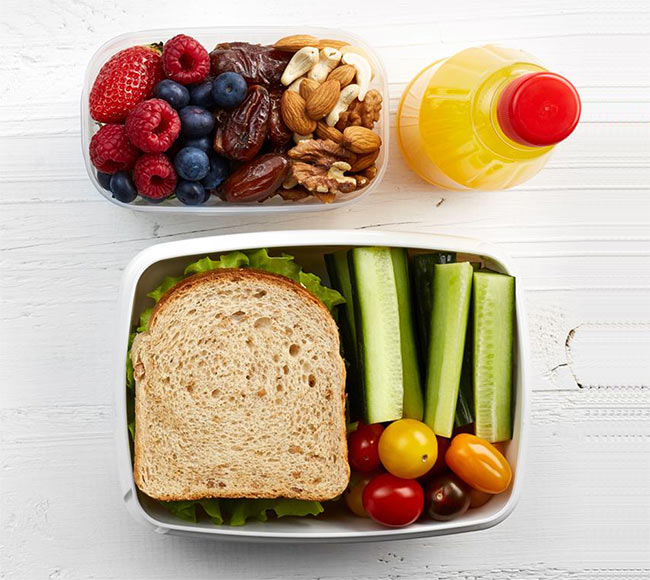
Easy and Healthy School Lunch Recipes for Fall
As season changes, it is essential to change your own and your children's diet according to that.

How to Protect Child from Dust Mites - Tips for a Healthier Home
Allergies are very common in children nowadays which can be from food to pollen, pet dander or du...
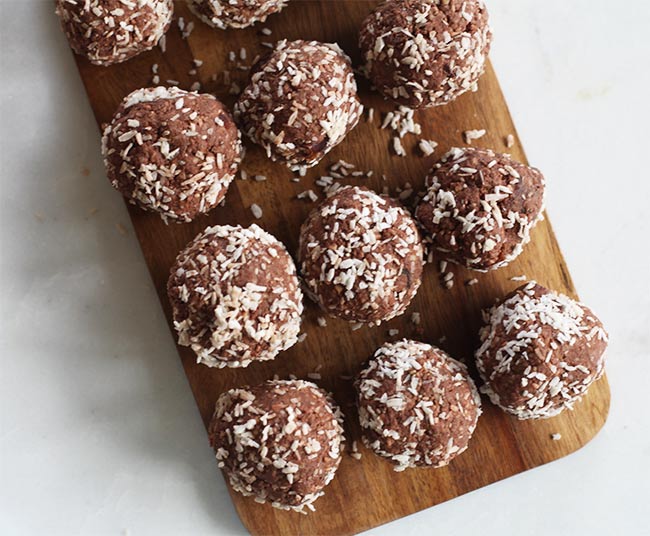
3 Favorite Quick and Nutritious Energy Bite Recipes for Kids
As a parent, you're always on the lookout for delicious and healthy snacks to keep your kids ener...
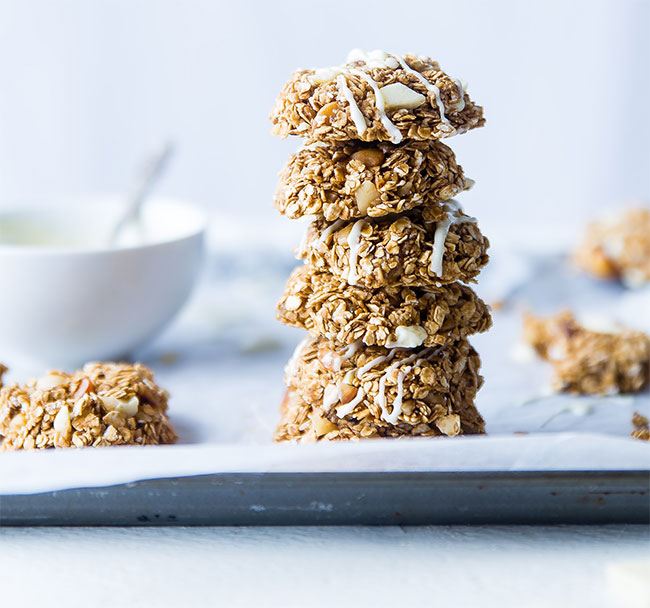
How to Make Irresistible and Easy Oat Cookies For Whole Family
Oat cookies are a timeless and beloved treat, loved by both kids and adults. Their chewy texture,...

Importance of Bananas and Why You Should Include Them in Your Babies Diet
As babies grow and develop, introducing solid foods is an exciting milestone for both parents and...

How Migraine Masks Ease Headaches and 5 Top Picks for Instant Comfort
For those who suffer from migraines or frequent headaches, finding effective relief can be a chal...

How to Choose Best Menstrual Products for You
When it comes to managing menstruation, there is a wide range of menstrual products available to ...
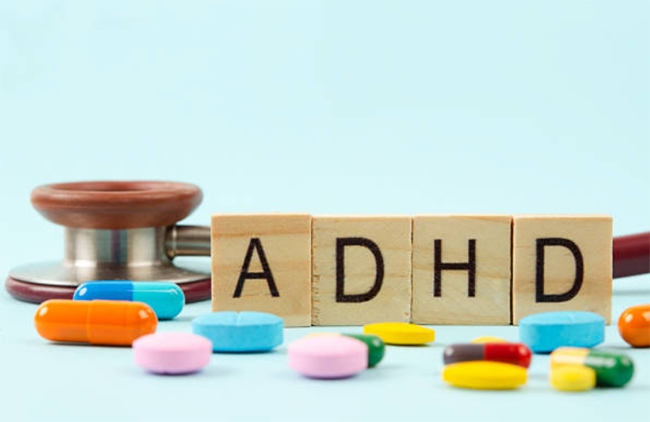
Most Popular ADHD Supplements - Benefits and Side Effects
Attention Deficit Hyperactivity Disorder (ADHD) is a neurological disorder that affects both chil...

How To Identify Autism in Babies
Autism spectrum disorder (ASD) is a developmental disorder that affects communication, social int...

Egg Substitute in Recipes for Kids with Egg Allergies
Egg allergies are more common in babies which mostly fade away after sometime on their own. It is...

